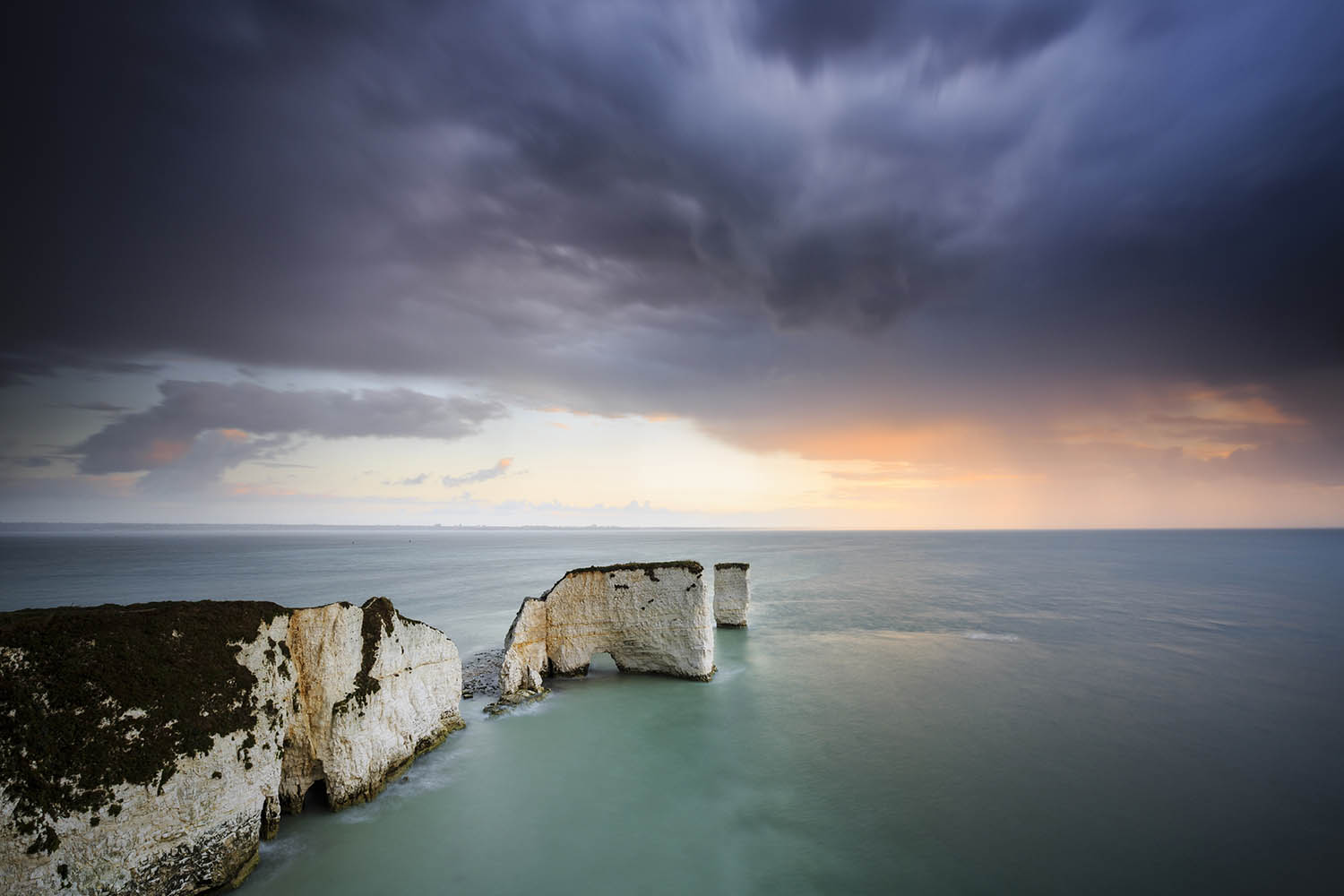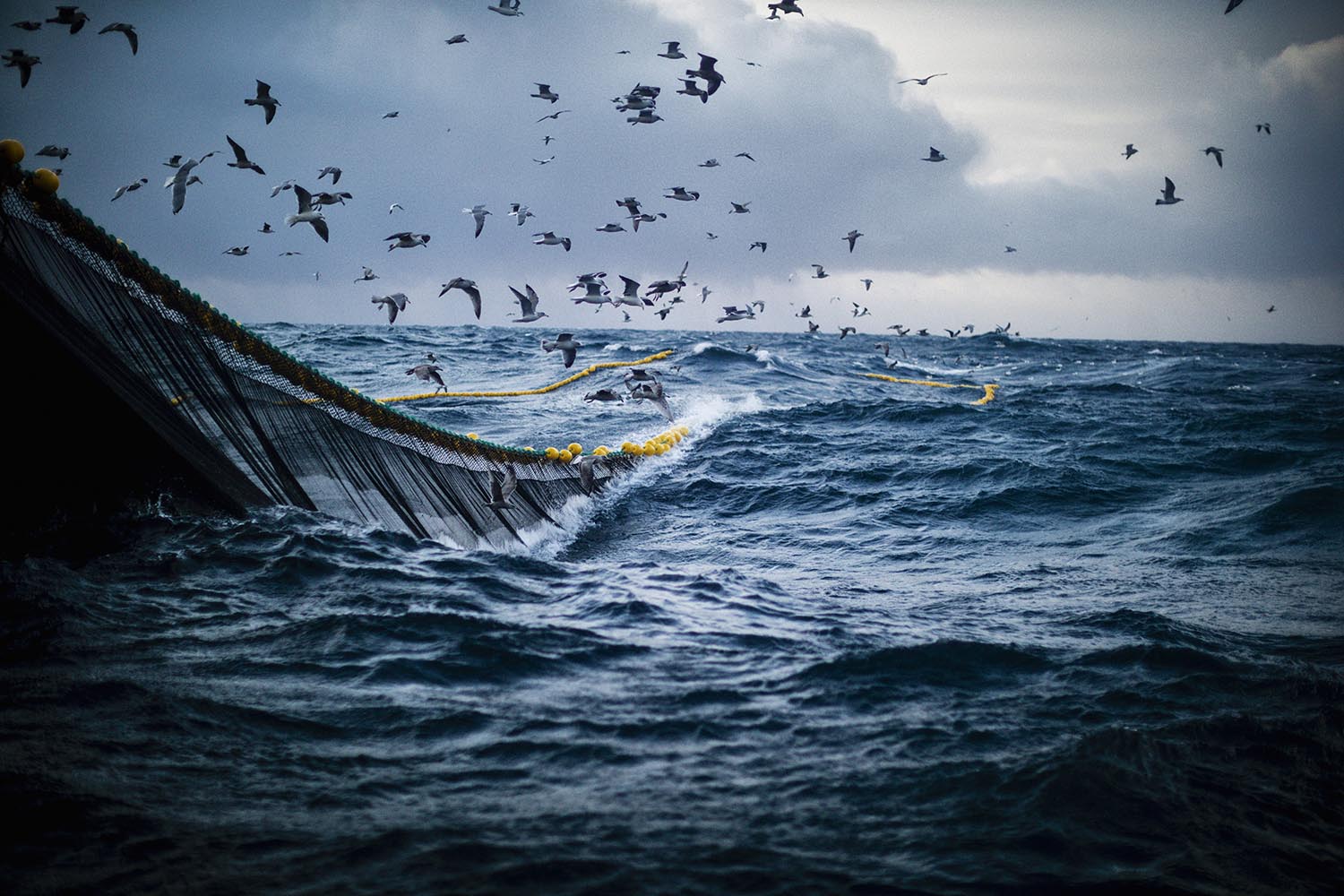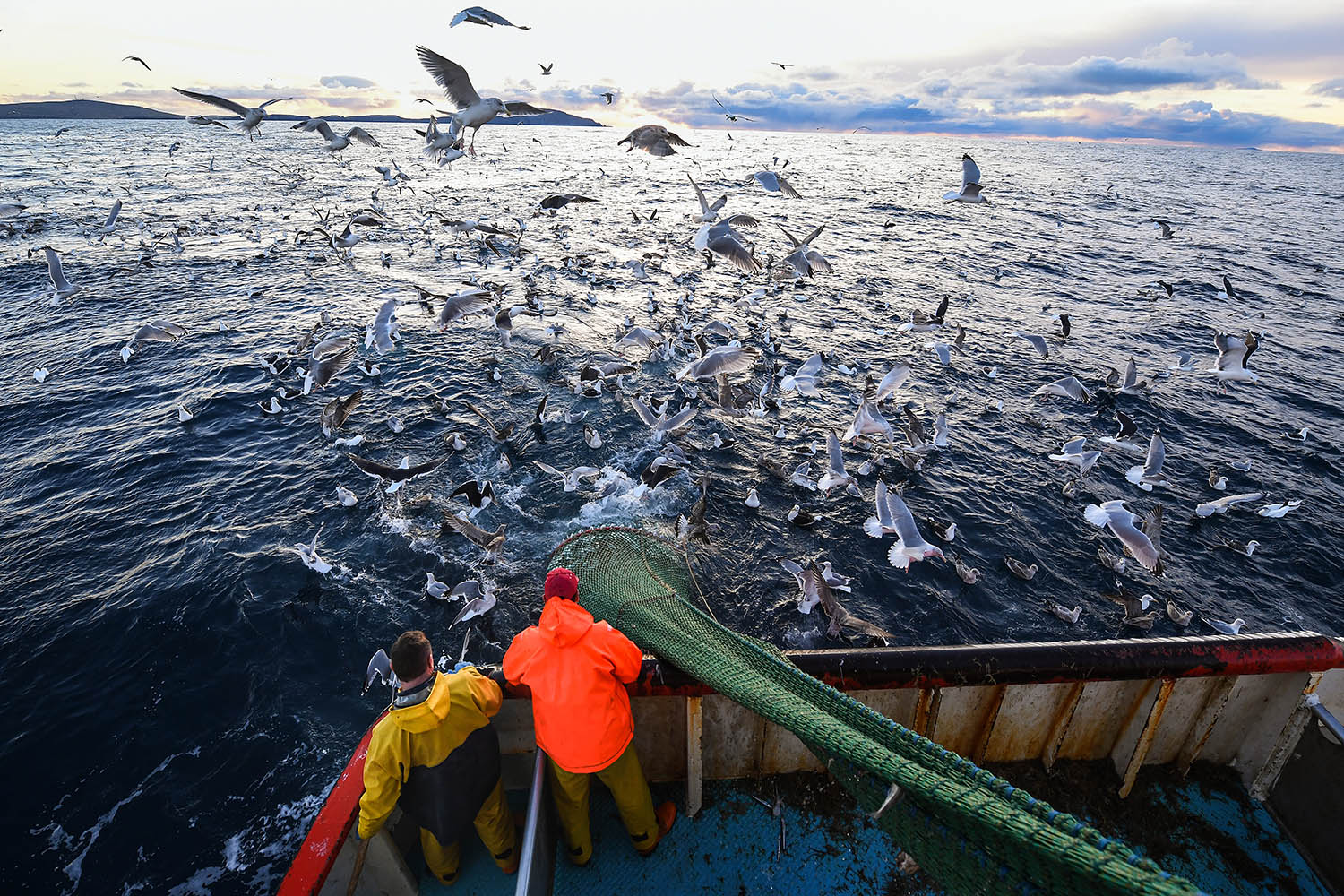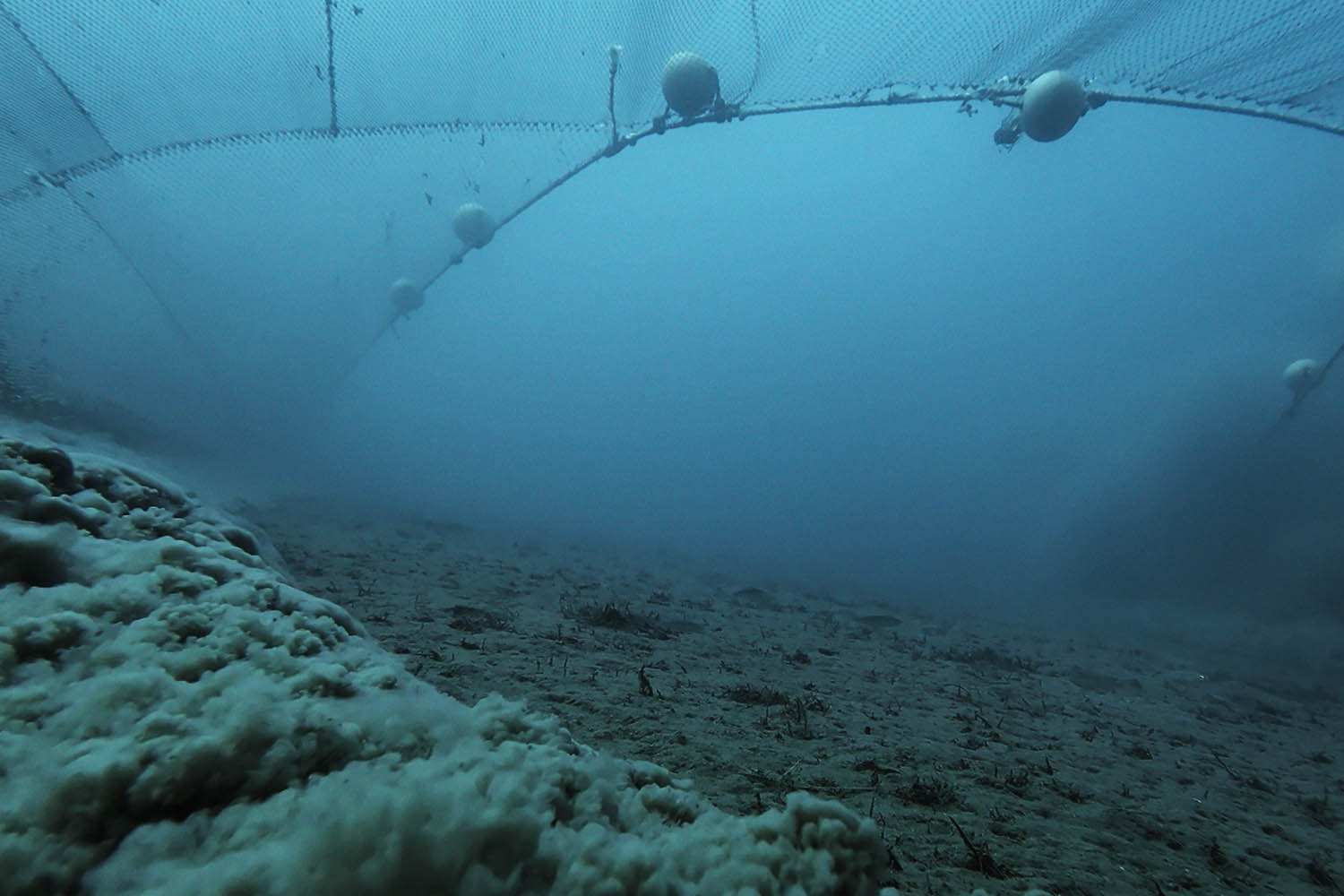
At the UN Ocean Conference, governments should honour their conservation commitments
When the filmmaker Sir David Attenborough – veteran broadcaster and world-renowned conservationist – calls attention to the challenges facing the planet, the public listens.
His latest film, Ocean, which opened last month in the UK, features dazzling footage of marine biodiversity – coral reefs, seamounts, whales, sharks, sea lions and teeming schools of fish. But the documentary also shines a light on industrial fishing practices, including bottom trawling, that are wreaking havoc on millennia-old habitats and imperilling many of those species.
This warning isn’t new – scientists have been sounding alarms on overfishing and ocean health for decades – but it’s high time governments heeded the call to take decisive action. They have a fresh chance to do so at the United Nations Ocean Conference (UNOC), which runs from 9-13 June in Nice, France.
Global leaders have made commitments to improve ocean health: in 2022, nearly 200 member countries of the Convention on Biological Diversity, including the UK, adopted a Global Biodiversity Framework that calls for conserving at least 30 per cent of the ocean, including in marine protected areas (MPAs), by 2030, a target known as “30 by 30”. MPAs have been a common conservation tool for decades and range from those that allow some sustainable use to those that prohibit fishing of any kind.
Why 30 per cent? Scientists say that’s the minimal protection required to protect biodiversity and safeguard ecosystem health. Furthermore, research shows that highly protected MPAs help fish populations flourish and allow habitat to recover from human-caused damage. These benefits often extend beyond the boundaries of the MPAs, which is why fishing fleets sometimes congregate just outside the protected areas seeking to reap that bounty.
The biodiversity framework includes other critical components, including commitments to sustainably manage fisheries outside of MPAs; to consider the impact of fishing on the wider ecosystem, including by ensuring that there are enough fish in the water to feed predators; and to maintain, enhance and restore ecosystems.
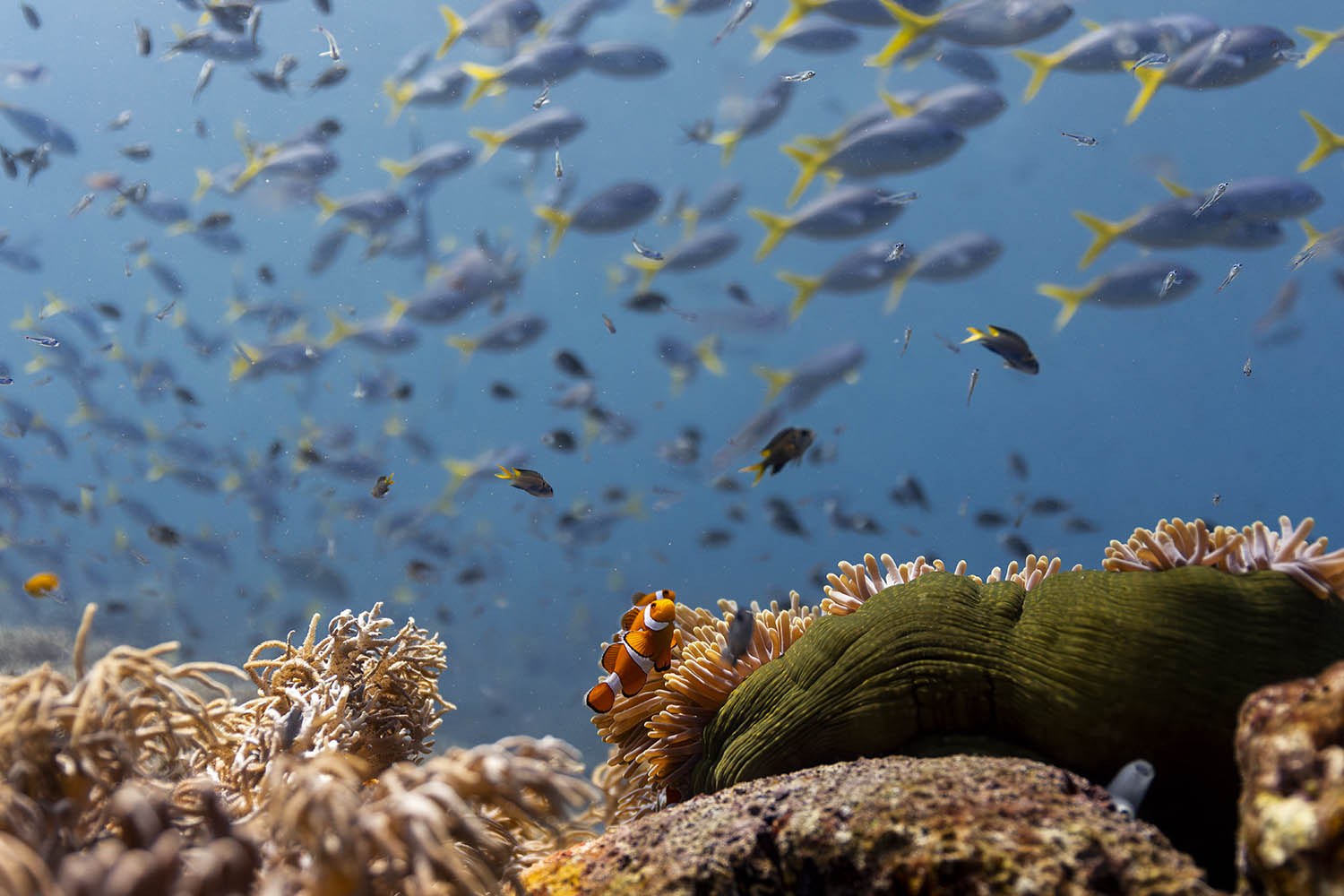
As Attenborough points out in Ocean, such measures are not just for the fish. Billions of people worldwide rely on seafood as a source of protein, or for livelihoods – such as fishing and ocean-based tourism – that only a healthy marine environment can provide.
And yet most governments have made scant progress on their commitments under the Global Biodiversity Framework. According to the UN Food and Agriculture Organisation, the percentage of species fished beyond the sustainable limit stands at nearly 40 per cent and continues to grow.
For example, overfishing remains rampant in European waters. For most of the past decade, mackerel and herring have been fished at unsustainable rates with the full awareness of the northern European and Nordic countries, including the UK, that manage those fisheries. As another example, destructive bottom trawling, which scrapes the ocean floor, can destroy critical habitat such as seamounts in a single pass. But, as noted in recent reports from the nonprofit advocacy group Oceana, in some MPAs in the UK and elsewhere, bottom trawling is still allowed, negating many of the potential benefits that could occur with a high level of protection.
At the same time, there are positive signs: Despite its failure to curb overfishing in shared fisheries, the UK is quickly becoming a leader in managing fisheries with the broader ecosystem in mind. When the government closed its waters to fishing for North Sea sandeel last year – citing the need to protect these forage fish as prey for seabirds and other predators – it signalled that ecosystem conservation can, and should, be at the heart of fisheries management.
The upcoming UNOC meeting in Nice is an important opportunity for governments, including the UK, to take stock of what they’re doing right when it comes to biodiversity and to chart the path forward. The Global Biodiversity Framework provides a guidepost to both pursue 30 by 30 urgently and sustainably manage the other 70 per cent of the ocean, including by mitigating the impact of destructive fishing practices. Fishing nations should learn from recent advances in ecosystem-based fisheries management, including the UK’s efforts to protect the seabirds, marine mammals and other wildlife that rely on sandeels for food. The shift from simply maximising short-term catches to safeguarding the natural systems they’re taken from is long overdue.
World leaders can work together to advance ecosystem-based fisheries management, end overfishing and protect important habitat. Perhaps governments might even inspire Attenborough, who turned 99 on 8 May, to make another film – this time, about the action taken to recover ocean ecosystems and effectively manage the fisheries that people depend on for food and livelihoods around the world.
Andrew Clayton works on The Pew Trusts’ international fisheries project
Photographs by Silverback Films and Open Planet Studios
